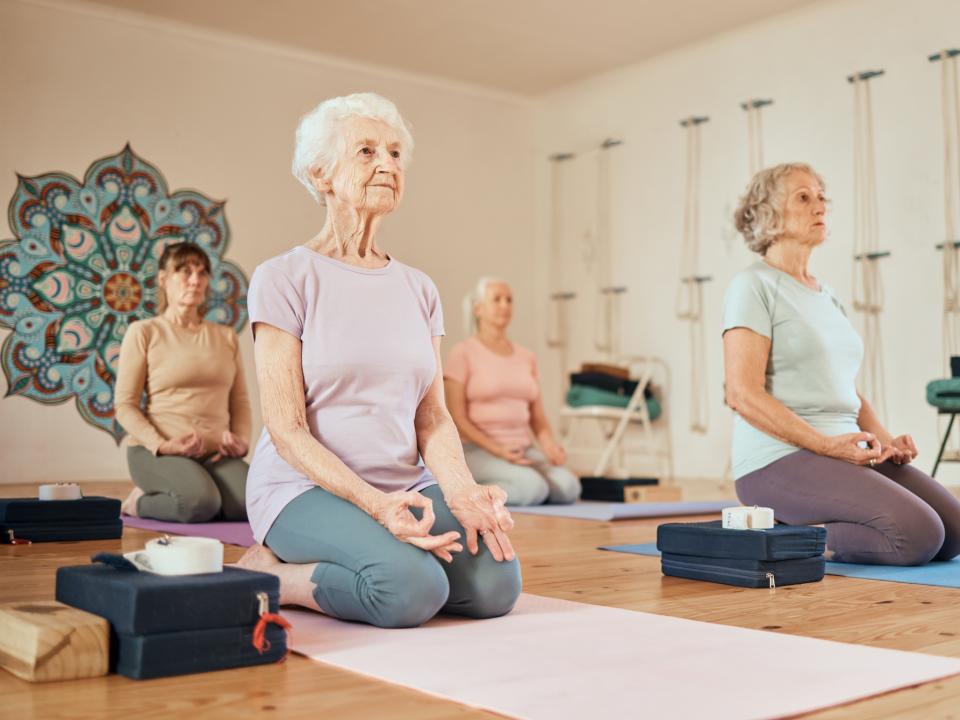Your treatment journey
Cancer treatment is a complex process that differs from person to person.
A cancer diagnosis can be overwhelming. On top of this, you may find it hard to:
- Make sense of medical information
- Get used to talking to doctors and nurses
- Understand the hospital system
It can take time to get used to this new normal. Read about your own cancer type to find out what kind of tests and treatment you might have.
Preparation is key to getting the most out of your hospital appointment. Being prepared also helps the doctors and nurses get all the information they need – and plan the next steps in your care.
Before your appointment it can be helpful to plan things you would like to discuss, writing down some questions and to think about how you will get there and what you will wear to be comfortable.
We have lots of tips and advice for preparing for your hospital apppointment.
It can be overwhelming to take in all the information a doctor gives you, especially if you’re feeling anxious. Sometimes we leave a medical appointment wishing we’d asked more questions or got more information.
Feeling confused or having unanswered questions about your illness, treatment or side-effects can lead to worry when you’re at home. You may feel alone and not know where to go for support.
For more support to cope between appointments we have a useful resource on how to find information such as who you can contact and how to cope with symptoms.
If you have not been admitted to the hospital before, it can feel confusing. Knowing what to expect can help you to cope better.
We have lots of information on what to expect such as ward rounds, ways staff will monitor your condition and routine tests you might undergo.
It can be helpful to think about what you want to get out of your doctor's appointments in advance and write down some questions or thoughts.
Your doctor will probably ask a lot of questions, so think about:
- Any medical problems, when you had them and any treatments you had
- If there’s any history of cancer or other illnesses in the family
- Your lifestyle
- Your general physical and mental health
- Any medication you’re taking
At your appointment consider writing the important information down or if you have someone with you asking them to do this.
We have more advice on getting the most out of your appointments.
Getting a second opinion means seeing another specialist doctor for their view on your diagnosis and/or treatment plan.
Your consultant will talk to you about what they expect to happen with your cancer and propose the best treatment options for you. But you may feel that you want to talk to another doctor before you go ahead with treatment.
Tip: If you have difficulty when looking for a referral for a second opinion, you can seek advice from the Patient Advisory & Liaison Service at your treating hospital. Your hospital switchboard will be able to transfer you to this service.
Your prognosis includes information about whether your cancer can be cured and if your cancer is likely to progress. Some people want to know about average survival times or life expectancy.
It’s not always easy for doctors to answer a question about life expectancy. Everyone is different, so what happens to you might be quite different from what the doctor expects.
Every person is different, some want information about their prognosis, others may not want this information or may ask for information about their prognosis at a later stage. We have a guide to help you think about this decision and what to do if you want information on your prognosis.
Vaccinations and cancer
If you have cancer, you may be more at risk of getting a virus or infection like flu, Covid, or pneumonia. Cancer and certain cancer treatments can also affect your immune system and make you more vulnerable to these illnesses.
Ask your doctor if there are any vaccinations you should have to protect yourself.
More information on cancer treatments
About suggestions
Loading articles...
Loading articles...

Complementary therapies
Complementary therapies are treatments and activities that you can have or do along with your standard medical treatment to try to feel better. For example, acupuncture, aromatherapy and yoga.
It's very important to talk to your doctor if you're thinking of using a complementary therapy, even if you used it safely before your treatment. Your doctor can tell you if it is safe to use along with your treatment.
Patient Education
In our free Patient Education video programmes, our cancer nurses provide information to guide you through and beyond your treatment including: what the treatment is, how it is given, managing side effects, and available supports.
- Chemotherapy
- Radiotherapy
- Immunotherapy and targeted therapies
- Oral anti-cancer medicines
- Hormone therapy
Some booklets that might be helpful

We're here for you

Support Line
Our Daffodil Centres


